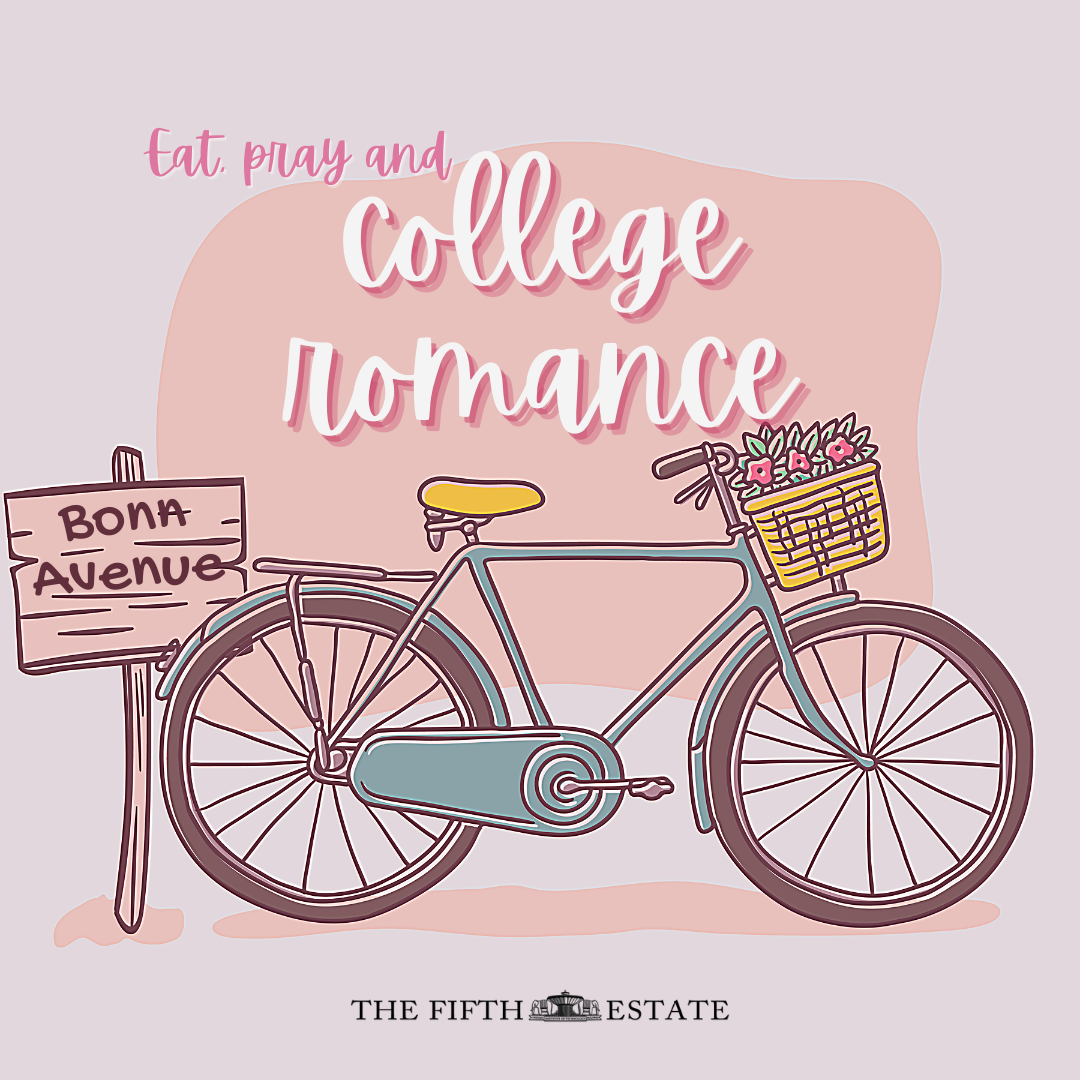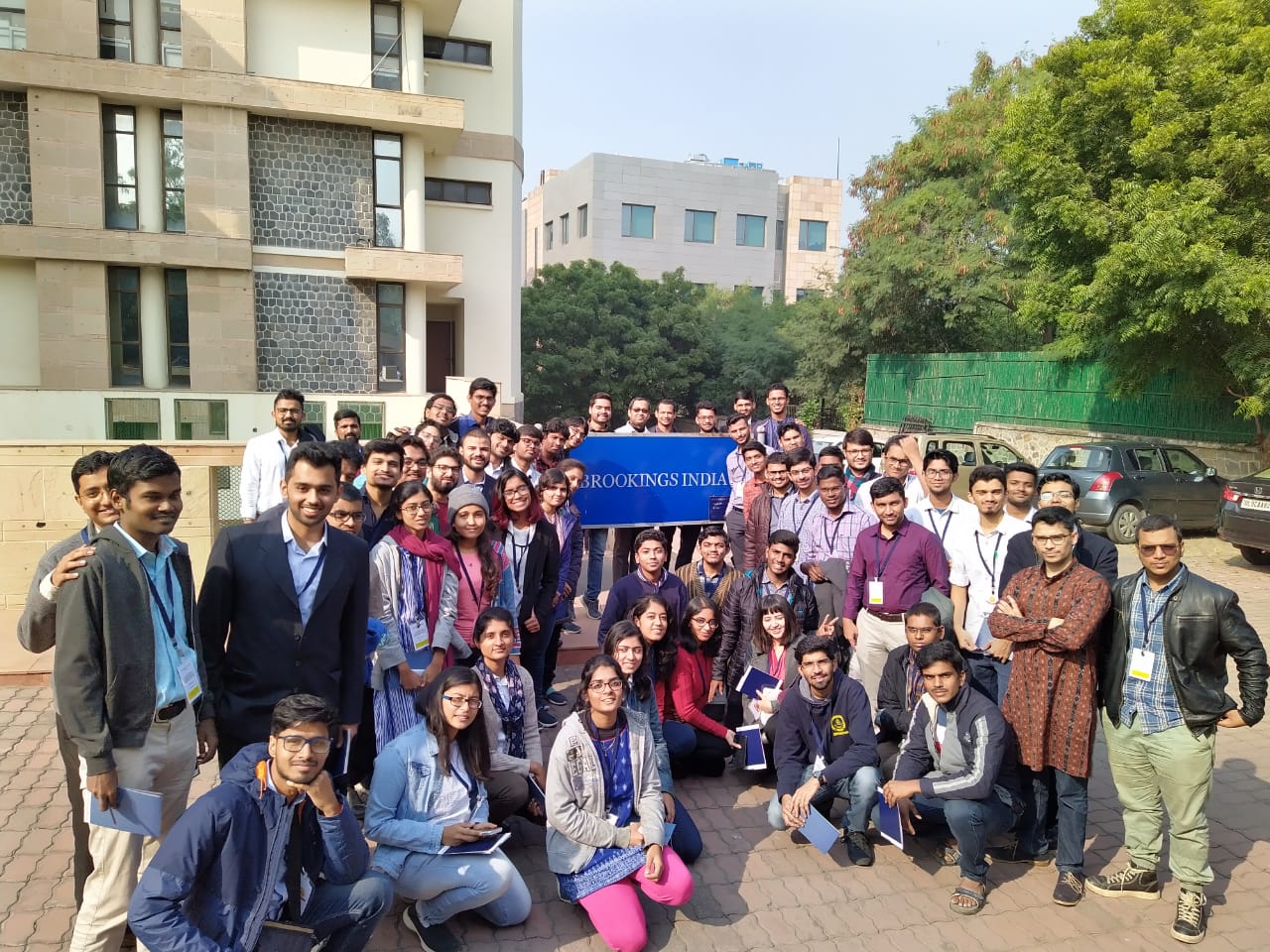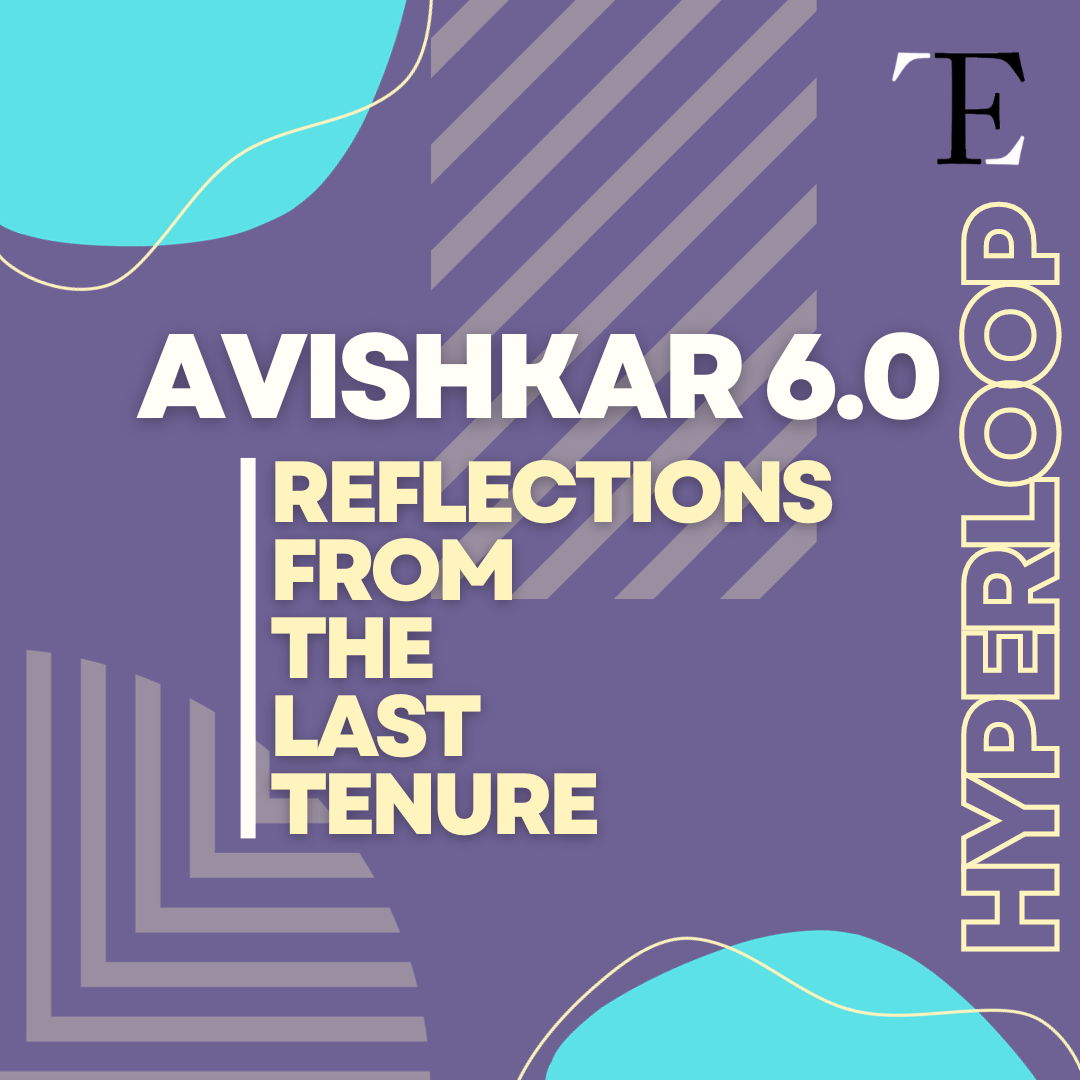Design: Rohit
Editor: Siddharth D P
To many, a life without a Great Love Story™ feels incomplete. We are surrounded by innumerable stories of romance, be it in the books we read, the movies we watch, or the music we enjoy listening to.
Or maybe it’s the annoyingly cute couple from your class who just can’t seem to take their eyes off of each other. Almost every teen is desperate to experience the lovely little package of romance that mainstream media has been force-feeding down our throats – the cute dates and candlelight dinners, moonlit walks by the seashore and slow dancing under the night sky, and practically every other cliché that we scoff at in disdain but crave for in secret.
Enter: College. There isn’t a single movie about college life that does not revolve around the epic romance between two of its characters. There’s Chetan Bhagat’s Two States, the typical Indian story of a North Indian boy and South Indian girl set in a premier institute, overcoming hurdles posed by disapproving parents and “different cultures” because love triumphs everything, does it not? Other examples like Love Story, Jaane Tu Ya Jaane Na, and Premam only serve to perpetuate this trope.
Even as one decade leads to another and the entire world changes by the minute, what has continued to remain constant is the hype about finding “The One” for your heart as soon as you step foot on the campus.
Despite the skewed sex ratio, Insti is no stranger to the budding romance of countless young hopefuls. One often has to wade through the numerous couples lounging casually at the Himalaya Lawns or Usha to order some food. It’s an arduous task to find seats at CCD on Valentine’s day, and it goes without saying that it’s best to steer clear from Bonn and Delhi Avenues at night in order to avoid flagrant displays of PDA. Insti comes as a breath of fresh air to many who led cloistered and restricted school lives; to them, it is the perfect combination of the freedom and opportunities required to explore desire, intimacy, and love.
The 21st century is an era that has transformed the dating scene, springing us with a host of new platforms that connect strangers who would have never met otherwise. Gone are the days many of our parents reminisce so fondly about; with the whole “shy glances across the classroom, meeting secretly at night, and passing love letters through a friend” charade.
This new generation of college students is arguably more bold and unafraid when it comes to figuring out what they like.
Apps like Tinder and Bumble have grown to become immensely popular amongst Insti students. When asked about why they prefer using dating apps, some students remark that it helps them establish initial connections without being hindered by nervousness, awkwardness or even social anxiety.
Others say that they enjoy going out on dates with different kinds of people because it makes for interesting conversations and experiences. Some students frankly state that dating apps are the best platform to find like-minded individuals with whom they can engage in casual, physical relationships. Not everyone is a fan of dating apps, however. One student says that they decided to get on these apps only out of abject boredom and subtle peer pressure, but after a while, these casual engagements became tiring and emotionally taxing. Apps such as Grindr contain far too much lewd and unsolicited content for it to be considered a secure platform. Instead of providing comfort, these apps contribute to dwindling self-esteem. It also felt like human relationships were being commodified–much like adding items to a cart on Amazon or Flipkart. Overall, most students spoken to are of the opinion that dating apps are initially fun, but ultimately act as weak substitutes for real and meaningful relationships.
What about love across the spectrum? With student organisations like Vannam and Pravritti working to destigmatize and initiate conversations around the LGBTQIA+ community, there’s been a reduction in the overall levels of homophobia within the campus.
When enquired as to what their experiences were with regarding to dating in Insti, a recurring theme amongst both bisexual and gay students was the fact that Insti seemed like a safe haven in comparison to their hometowns.
A few older students remarked that bullying regarding sexuality has reduced drastically over the past few years. However, remnants of toxic masculinity and homophobic attitudes still exist. Some female students have recounted experiences of being fetishised for liking other women. Another student added that he hardly goes on dates with other men due to the fear of being ostracised; instead, settling for casual flings as a temporary alternative. The status quo has certainly improved, but we still have a long way to go in terms of making Insti a more inclusive and accepting space.
There are students who seek to subvert the conventional belief that monogamy is the base for any romance to thrive. Polyamory is defined as the practice of engaging in multiple intimate relationships with the informed consent of all partners involved. Contrary to what most people think, polyamory and open relationships aren’t the same things. The former is just as much about strongly loving somebody. A student mentions that he chose a polyamorous lifestyle because he prioritised integrity, honesty and open communication. He says that it is an ethical way to love one person without closing yourself from the prospect of having deep romantic affection for other people as well (without it affecting any relationships). Another student adds that polyamory isn’t a means to avoid commitment; in fact, it warrants extra communication. She says, “Polyamory is a choice, and that’s perfectly alright, because monogamy is a choice too.”
And what of college romance without actual college?
The world that we’ve reluctantly inhabited over the last six months is a world where long distance relationships have become the norm. Elusive video calls at midnight have replaced late-night Bonn Avenue strolls, and emojis have substituted real-life expressions.
Needless to say, communication is a difficult task when you can’t see each other in person. Add secret relationships, suspicious parents and next to no to privacy to the mix and you have your quintessential COVID college romance. However, this time has been an eye-opener for several students. Many have had to face the bitter truth that their relationships crumbled under the weight of separation. A few newly single students commented that the break came as a blessing in disguise, for it made them realise that they were holding on to an illusion. Interestingly, this period has also witnessed a good deal of new love stories, some of which put Taylor Swift’s ballads to shame.
Many dismiss college love stories as “phases that won’t last”, or a “waste of time”. But at the end of the day, it doesn’t really matter whether college relationships are illustrations of “true love” or not. In fact, it would be rather illogical to let go of a wonderful present due to apprehensions about a future that is far away. So to all you lovebirds out there who can’t wait to torment everyone else with your excessive PDA whenever it is that we return – hold tight and have faith. Distance does make the heart grow fonder after all.
DISCLAIMER: The views, opinions, and experiences expressed in this article are based on the interviews of a select few (wishing to remain anonymous), and should not be construed to be representative for the entire institute. We acknowledge and respect the diversity of backgrounds, experiences, and views that exist within the campus.




